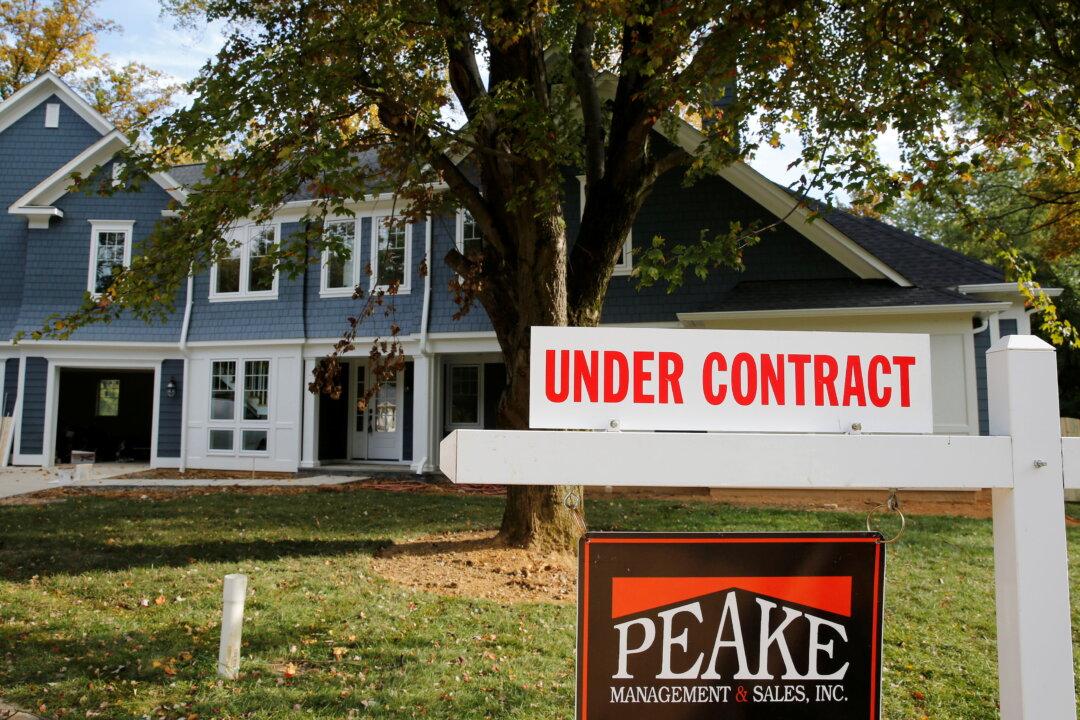Commentary
A handful of years ago, you could be forgiven for thinking that the Chinese were taking over the U.S. real estate market.

A handful of years ago, you could be forgiven for thinking that the Chinese were taking over the U.S. real estate market.